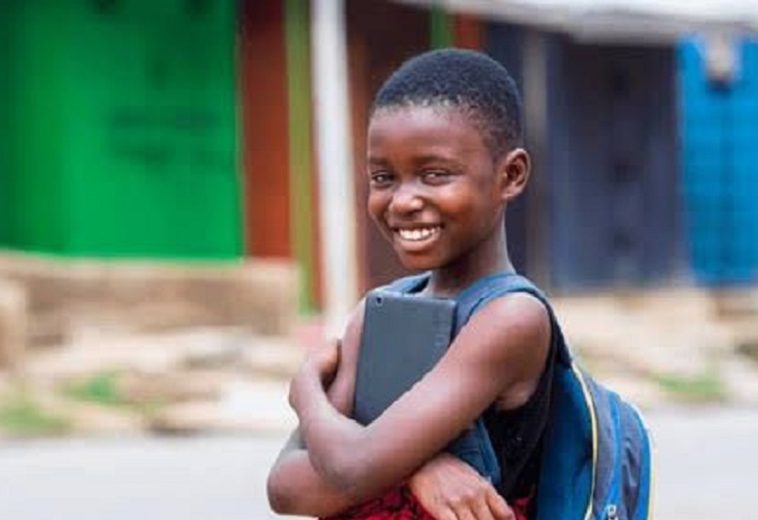The United States Presidential election of 2024 has concluded, with the Republican Party candidate, Donald J. Trump, emerging as the 47th President of the USA. His victory not only signals a shift in domestic policy for Americans but also raises global anticipation as nations closely examine how the new administration’s foreign policies may unfold.
The campaign, which began in November 2023, was marked by debates, policy pledges, and high drama involving both candidates and their supporters. Throughout, the international community paid close attention to the foreign policy platforms, particularly concerning economic policy, climate change, and security – especially given the ongoing conflicts in Ukraine and between Israel and Hamas.
During Trump’s first term (2017-2021), his administration’s foreign policy, rooted in the “America First” doctrine, was often controversial. The approach led to a withdrawal from multilateral engagements and a marked decrease in U.S. development aid to Africa, prioritising trade relationships over traditional aid. This shift created unease among African leaders and institutions, as the U.S. is Africa’s largest humanitarian donor, contributing over five billion dollars annually.
Following Trump’s victory on 5th November 2024, the global economy responded immediately: Bitcoin surged to an all-time high of over $75,000, the U.S. stock market increased in value to 1.28 trillion dollars, and over ten of the world’s wealthiest individuals saw their collective worth rise by 25 billion dollars. These economic movements have been attributed to confidence in the anticipated direction of the Trump administration.
Trump’s return to office comes at a challenging time for Africa, which is grappling with severe conflicts, including the ongoing Sudan crisis and the threat posed by Houthis around the Horn of Africa. African leaders may hope for support from the Trump administration, particularly regarding recent coups on the continent and pledges to return these nations to democratic governance.
The Middle East’s ongoing instability has also impacted Africa, particularly regarding energy supplies and security. Weapons flowing from Middle Eastern conflicts often end up in Africa, fuelling insurgencies and destabilising already vulnerable regions. This phenomenon is particularly concerning with respect to the Israeli government’s current conflicts with Hamas and Hezbollah in Palestine and Lebanon. Fighters from these groups frequently migrate to Africa after setbacks in the Middle East, perpetuating violence on African soil.
In his first term, Trump criticised the African Growth and Opportunity Act (AGOA), arguing it might disadvantage U.S. businesses. However, he pursued enhanced trade relations with countries like Nigeria and Kenya through individual agreements. Analysts expect that his administration may further reduce U.S. aid programmes to Africa, particularly in health, education, and economic development, potentially creating a gap that other powers, such as China, might seek to fill through loans and infrastructure projects.
READ ALSO: The Future of Trade: Africa’s Transport Networks
Trump’s restrictive immigration policies have previously targeted migrants from specific countries, affecting thousands of Africans seeking economic opportunities or refuge from conflict. African students, professionals, and families hoping for a better life in the U.S. may now face increased scrutiny and reduced opportunities.
While some African leaders may view Trump’s policies as pragmatic, particularly those prioritising non-interference and business deals, others may regard a second Trump term as a continuation of a U.S. foreign policy that sidelines Africa’s strategic significance. Ultimately, the impact of Trump’s victory on Africa will depend significantly on how individual African nations navigate their geopolitical and economic priorities, seeking new partnerships and diversifying relations with powers such as China, Russia, and the European Union.




